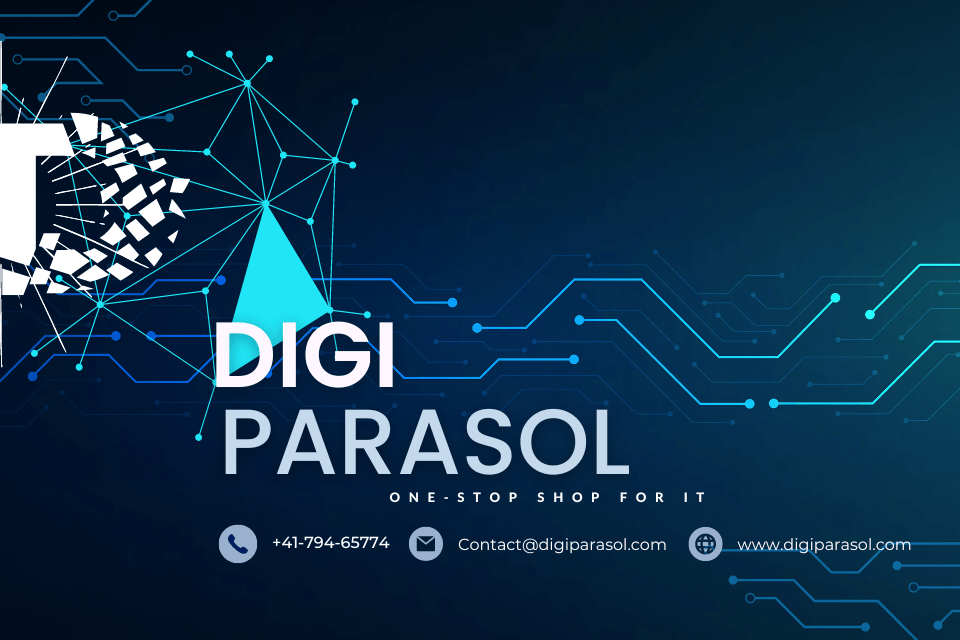**The Benefits of Leveraging AI Tools for Urban Planning and Development**
Urban planning and development are crucial aspects of creating sustainable and efficient cities. With the rapid growth of urban populations worldwide, city planners are faced with the challenge of managing resources, infrastructure, and services to meet the needs of their residents. In recent years, advancements in artificial intelligence (AI) technology have provided new tools and opportunities for urban planners to streamline processes, improve decision-making, and enhance the overall quality of life in urban areas.
AI tools have the potential to revolutionize urban planning and development by providing insights and predictions based on vast amounts of data. From analyzing traffic patterns and predicting congestion to optimizing energy usage and improving public transportation systems, AI can help cities operate more efficiently and sustainably. By harnessing the power of machine learning algorithms and data analytics, urban planners can make informed decisions that lead to better outcomes for residents and the environment.
Here are some of the key benefits of leveraging AI tools for urban planning and development:
1. **Improved Data Analysis**: AI tools can process and analyze large datasets quickly and accurately, providing valuable insights into various aspects of urban planning. By using AI algorithms to analyze data on population growth, transportation patterns, land use, and other factors, city planners can make more informed decisions about infrastructure development and resource allocation.
2. **Enhanced Decision-Making**: AI tools can generate predictions and scenarios based on data analysis, helping urban planners evaluate different options and make better decisions. By using AI algorithms to model the potential impact of urban development projects, planners can assess the risks and benefits of different approaches and choose the most effective strategies for sustainable growth.
3. **Optimized Resource Allocation**: AI tools can help urban planners allocate resources more efficiently by identifying areas of need and prioritizing investments. By analyzing data on service delivery, infrastructure usage, and population density, AI algorithms can help cities optimize the allocation of resources such as transportation, housing, and public services to meet the needs of residents.
4. **Enhanced Sustainability**: AI tools can support sustainable urban development by optimizing energy usage, reducing emissions, and promoting eco-friendly practices. By using AI algorithms to monitor and control energy consumption, waste management, and water usage, cities can reduce their environmental impact and create more sustainable communities for future generations.
5. **Improved Infrastructure Planning**: AI tools can assist in the design and development of infrastructure projects by providing valuable insights and recommendations. By using AI algorithms to analyze data on traffic patterns, public transportation usage, and land use, planners can design infrastructure projects that are cost-effective, efficient, and resilient to future challenges.
6. **Enhanced Public Engagement**: AI tools can facilitate public engagement in urban planning processes by providing interactive platforms and tools for communication. By using AI-powered chatbots, virtual reality simulations, and online forums, city planners can engage residents in decision-making processes and gather feedback on proposed projects.
7. **Streamlined Project Management**: AI tools can improve project management processes by automating routine tasks, optimizing workflows, and reducing lead times. By using AI algorithms to analyze project timelines, resource requirements, and risks, planners can streamline project delivery and ensure that deadlines are met.
By leveraging AI tools for urban planning and development, cities can unlock new opportunities for sustainable growth, efficient resource management, and improved quality of life for residents. However, it is important for city planners to carefully consider the ethical implications of using AI technology and ensure that decisions are made in the best interests of the community.
In conclusion, the benefits of leveraging AI tools for urban planning and development are significant, including improved data analysis, enhanced decision-making, optimized resource allocation, enhanced sustainability, improved infrastructure planning, enhanced public engagement, and streamlined project management. By harnessing the power of AI technology, cities can achieve their goals of creating smart, sustainable, and resilient urban environments for the future.
>”AI tools have the potential to revolutionize urban planning and development by providing insights and predictions based on vast amounts of data.”
By embracing AI tools, city planners can unlock new possibilities for creating thriving and livable cities that meet the needs of residents while preserving the environment for future generations. As technology continues to evolve, the role of AI in urban planning and development will only grow in importance, shaping the cities of tomorrow in innovative and sustainable ways.


